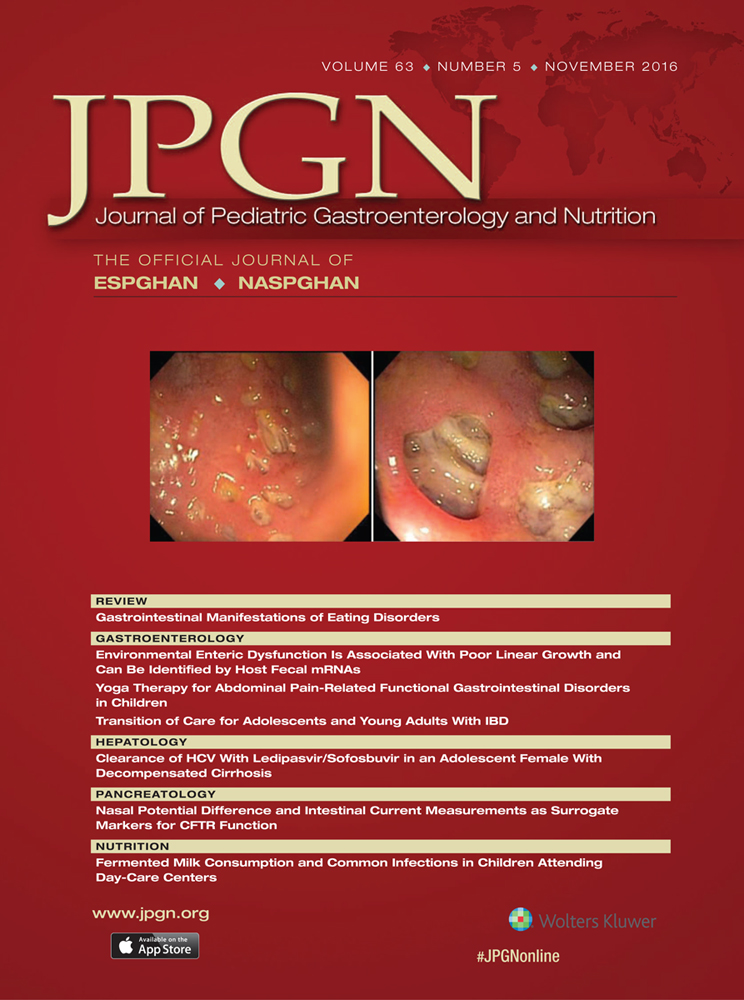Are Expectations Too High for Transitioning Adolescents With Inflammatory Bowel Disease? Examining Adult Medication Knowledge and Self-Management Skills
The authors report no conflicts of interest.
ABSTRACT
Objective:
Transition readiness assessment has focused attention on adolescent knowledge and skills, but data-driven benchmarks have not been established.
Methods:
Patients with inflammatory bowel disease (IBD), ages 25 to 50 years, attending an outpatient gastroenterology clinic, were recruited to complete a voluntary, confidential survey asking patients to recall medications and potential side effects, and to rate their degree of independence performing health maintenance tasks.
Results:
The 141 respondents (48% response rate) had mean age of 36 years with median disease duration of 11 years. They were 60% female, 54% had Crohn disease, and 23% were diagnosed before age 18. Nearly all patients were fully independent answering doctor's questions during the visit (93%) and scheduling office visits (92%). Excluding pharmacy pick up, full independence seen in only 57%, whereas 16% significantly delegated tasks. No differences by sex, disease type, medication class, age at disease onset, or disease duration were found across levels of self-management. Almost all (97%) respondents could recall medication name, whereas fewer were able to recall dose (63%) or frequency (65%). Side effect knowledge was poor; among 81 patients on a biologic or immunomodulator, only 17 (21%) cited cancer and 22 (27%) cited infection.
Conclusions:
Adolescent IBD transition programs now have empirical data from the present study about adult benchmarks for independence in self-management skills. Further research can establish which skills correlate with medication adherence and active collaboration with the medical team. The present study also exposes important gaps in medication risk knowledge and may allow improved patient education for subgroups of adult patients with IBD.




